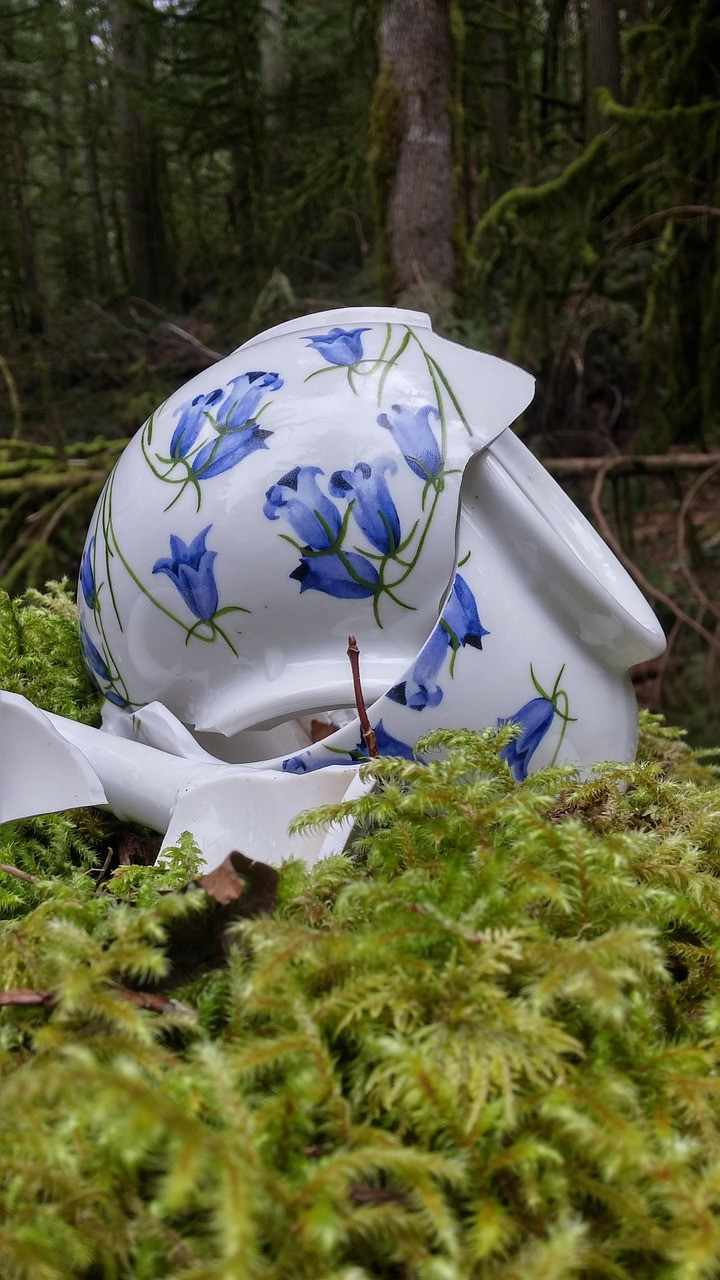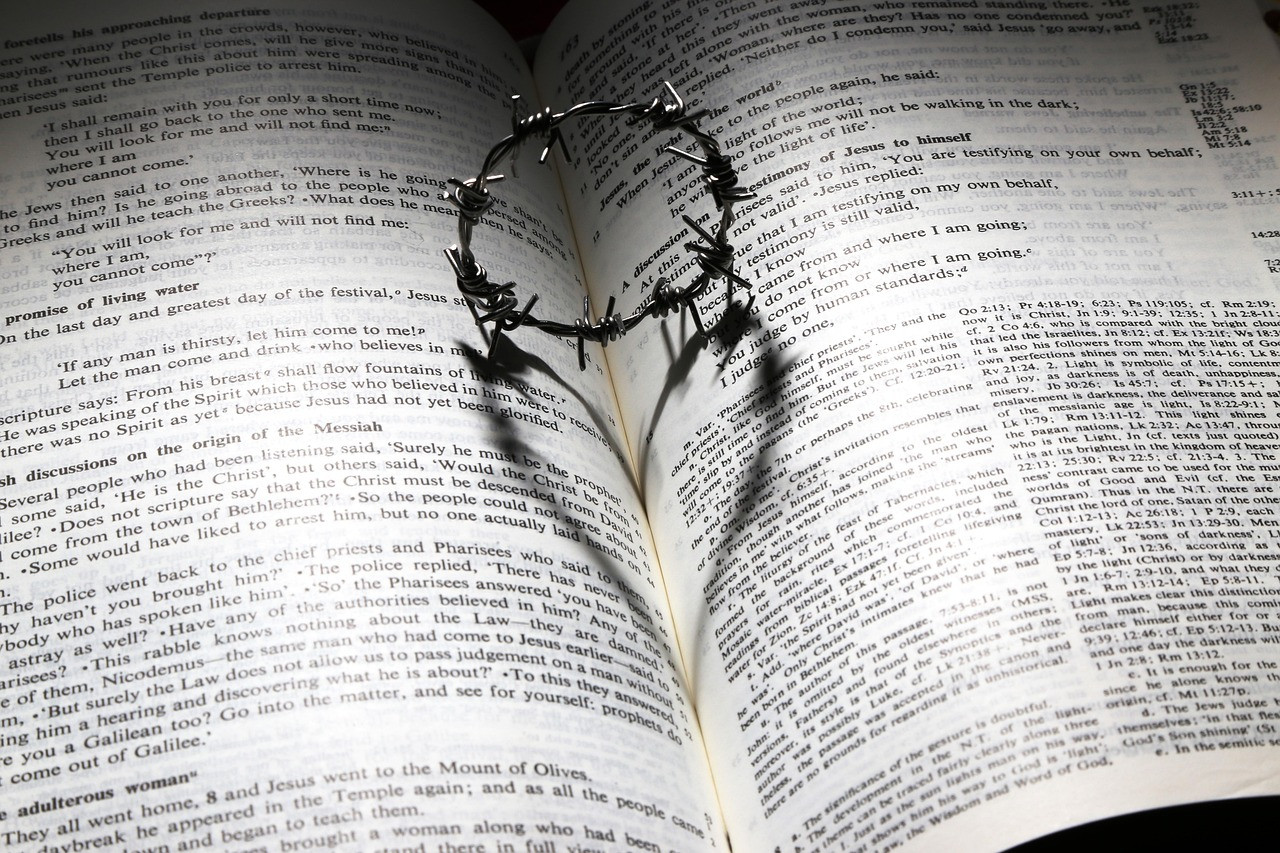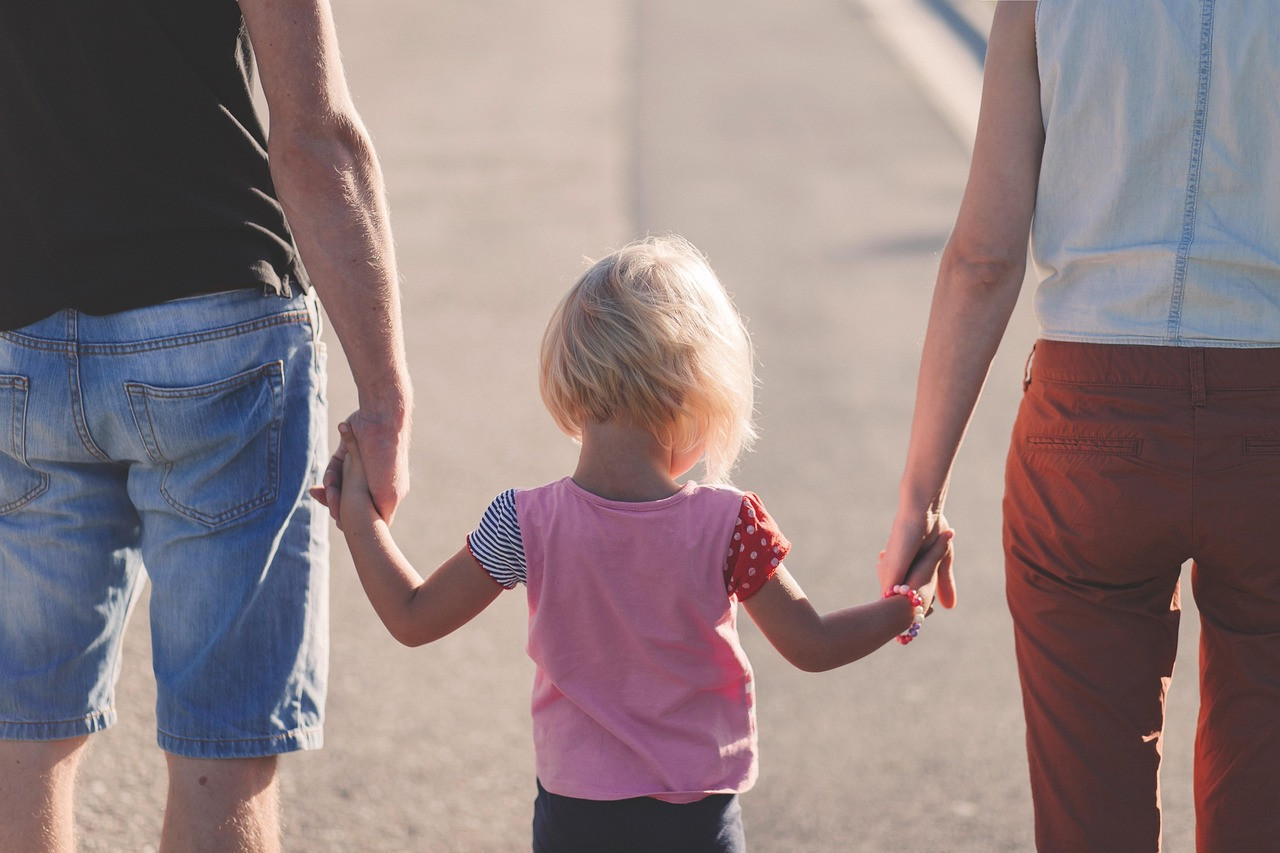Why a Mentor, Coach, or Therapist Can Help
Have you ever felt like the way you think of things seems right until other information comes along and gives you more clarity...shedding some light on the situation?
So, I had this experience recently. I was feeling pretty confident when I decided to run out for breakfast at McDonald's. I thought I'd just get a breakfast sandwich for myself and bring one back to be sweet to my husband on a recent Saturday. So, I did that, and I thought, oh, I can also go to the gym. I don't have anything planned. So, I'll get breakfast, drop one off for him, go to the gym and, oh, I didn't have my earbuds. So, I'll swap off the sandwich and then pick up my earbuds.
When I pulled into my car driveway, and we live in a very safe area, so I decided just to leave my drink in the cup holder, my phone on the dash, and leave the car unlocked because I was running quickly in and out and I would be right back.
The problem is, when I did that and started to head off towards the gym, my phone was gone, and my drink was gone, and I'm sitting there in the car going, what just happened? And so there were thoughts like, did someone steal from me? Are one of my kids playing a joke? Did I accidentally take it inside? Am I losing my mind? And I thought, well, I must have been just not paying attention that I took them inside. And so I'll just go inside and get it. And I went inside to look and there was no phone and there was no drink. And I had a distinct memory of leaving the phone on the dashboard and the drink in the cup holder. So at this point, it's like a Twilight zone kind of thing. It's feeling very surreal.
I'm not sure what's going on. Things are kind of topsy turvy within me because my logic is trying to figure something out. My emotional experience is feeling kind of discombobulated, and my husband didn't see my things either. However, even though I was confident that I had time to drive home, that I had time to swap out the sandwich and get the earbuds, that I had time and was turning around quickly so I could get back to the car so that I could have my stuff left in it and not have to carry it in with me, there was this piece of information that I was missing.
I had failed to consider that since my husband and I have the exact same make and model of cars, just different colors, that I had actually gotten into his car instead of mine. And the only way that I knew that is because he was trying to help me problem solve. And instead of being kind of flustered like I was, he was very calm and said my Bluetooth went off, and he said that I think that you tried to get into my car instead. Do you think that's what happened? Oh, actually, that makes a whole lot of sense.
I thought I was seeing everything clearly. I thought I calculated everything, thought I understood everything. And then I didn't understand why things weren't working, what got mixed up, and I couldn't understand not only why and what, but how. Like what happened? And with that one sentence, he was able to make so much sense of everything for me, just shining a light of clarity on my situation that I couldn't see for myself. And once he did, it sped up my progress. It got me into the car with my earbuds, going to the gym, had a nice workout, it was great. I was back on track. Better than ever, right?
That's what having a therapist or a coach or a mentor can do for you. They can see the things you can't because you're in the experience. Somebody who is trained from the outside to be able to hear and notice and ask intuitive questions, then explain things or offer tools that you may not know can speed up your clarity and your progress, saving you a lot of time, frustration, and that Twilight Zone kind of swirling.
Today we're talking about the trauma recovery journey. The trauma recovery journey and how you can actually think more positively even when your thinker is not very clear. So, remember that trauma is a wound. Trauma is a painful past learning experience. It means that something happened that was not optimal, and it impacted you beyond your ability to have the resources that you needed to take care of it. When we are recovering from that, we miss out on knowing that we survived because our system gets so focused on making sure that never happens again.
Are Your Coping Skills Working?
That scary thing that felt like we wouldn't survive, that it puts up amazing scanners under the scenes that say that will never happen again. And then we come up with all kinds of coping skills, whether helpful or not helpful, to prevent the very thing that hurt us. And then those coping skills end up hurting us, so they don't work. They worked for a time, or they worked for a developmental stage or when we were kids, we thought they worked, but then as adults we run into things where they don't work and then we're kind of left wondering what in the world to do next?
You Already Survived!
Today, I'm going to help teach you how to think as you are recovering from trauma. Maybe you've been in therapy for a while and you're like, but when I hit this pain point again, I thought I had already worked through it. I thought it had already healed. I don't understand why I'm spinning my wheels again. And I want to tell you, you're not. And when you think, why am I not able to get past this? I still have to keep working and trying to get past this, I want to tell you that you are. So, you are getting past it. You are doing the work. Just because something is familiar and because it may be the way it feels, it does not mean that you're not progressing. It does not mean you haven't survived. It does not mean that hope isn't right there with you or that healing isn't completely on the horizon.
Now, I can't promise complete healing in everybody's circumstances all the time. But when you really do the work, you will then have the tools to be able to keep on the path towards healing and it will get smoother as you go. You don't need to still survive. You don't need to try harder to survive. You already have survived. Now you need to basically pick yourself up when you wobble. It's not that you're still surviving, it's that your system doesn't know it already did.
It's Like Riding a Bike
I want to give you the analogy of a bike ride, okay? If you're on a two-wheeler, you're a kid, you've learned how to ride a two-wheeler and you've crashed, and your bike is toast. I mean, you're banged up, your knees are skinned, your bike got all bent, your tires flat, everything's a mess. You don't want that to ever happen again. So, the next time you get on your bike, your new bike, you start to wobble a little bit because you remember, uh-oh, I fell last time, yet you keep going. You may have to stop and go to one side and kind of catch your balance with one leg down while you hold the bike against you. Then maybe you get back up and you try again and keep going. But every pedal, every time you push the pedal around, you are further on in the process of getting back on the bike and getting away from the experience of the accident. You survived your bike accident, and now you're on your way to a wonderful ride. If you keep thinking, I have to survive an accident, I have to survive an accident, you take away the power of the ride that you're already on in your bike. Now, does that mean you'll never wobble? No, of course not. Does that mean you'll never skin your knee again? Of course not. Does it mean though, that you're going to completely crash and lose your bike and never be okay again and break all kinds of bones? It doesn't mean that either. What happened to you in that first bike crash is over. If you have a new bike and you're pedaling, you survived it.
Now it's a matter of maybe carrying some extra tools with you. Maybe you want to wear your helmet when you ride your bike. Maybe you want to have some knee pads. If you wore ten knee pads on each leg, that would be overkill and that would cause more of a problem than it would help you. See, your coping skills can be out of proportion to what you need them to be. So, in what ways are you trying to protect yourself that are actually getting in the way now? But there's nothing wrong with maybe carrying with you some quarters to put in an air machine at a gas station so that you can pump up your tire if it gets a little low and that's what's causing the wobble. Or maybe to put a little basket on the bike that has a bottled water in there because you might get thirsty and that might help keep you hydrated while you pedal. When you have things that are helpful, you just pull out the tool that you need. Maybe carry a Band-Aid in your pocket in case you need to slap one on. If you do fall and skin your knee, it's not buying a whole new bike again and recovering from that huge crash you had. You've already done that. You're already on your new journey. You may need to have some tools in your toolkit that will help you to optimize when you wobble and fall. But it doesn't mean it's a catastrophe. Taking you back to that catastrophe that you had had that big wound trauma that put you on your guard and wanted to make you put every elbow, knee pad, helmets to the extreme on you. No. Just use caution. Be wise, look out for potholes, keep pedaling, enjoy the new journey. You're already on it.
Traumatic Memory Vs. Chronological Time
I wanted to encourage you with that because that's the difference between traumatic memory and actual chronological time you are present, you were hurt, you might still feel like you have a black and blue mark or a few of them, and you don't want them to get bumped. Again. Totally understandable. But if and when they get bumped, you can tend to them with compassion and care, or find others now who can tend to them with compassion and care. And you can process and heal because you survived that initial catastrophe. And the way I know that is because you're here now. You would not be if you were in immediate survival danger. Using your logic, maybe having some sips of coffee while you read. If you were really in fight or flight danger right now, a survival mode, you wouldn't be reading and thinking about how this applies to you. So, you have survived 100% of the things that you've been through. If you're still bruised, it's because you were wounded. And if you're still feeling those spots are tender, then tend to them. Comfort them, get them the support they need, the healing, the processing. But please don't mistake that you are no longer on the journey of the trauma. You are on the journey of recovery from that trauma. When you can acclimate to present time and space, it helps you to realize that you are no longer powerless, that you have power.





